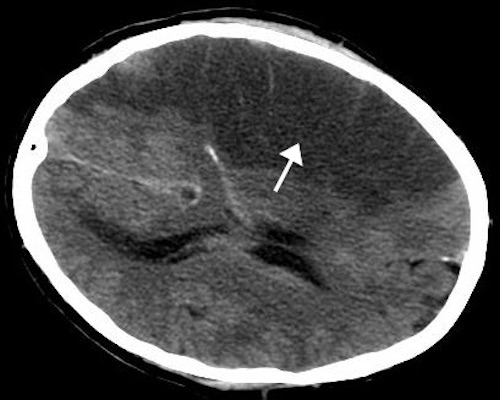 Medicine
Medicine
 Neuroscience & Mind
Neuroscience & Mind
In Reversing Stroke Damage, a Stunning Success for “Anti-Science”?

Once again the damned-with-faint-praise field of adult stem cell research seems headed toward significant treatment breakthroughs. This time the target is stroke.
The Washington Post announces, “Stanford researchers ‘stunned’ by stem cell experiment that helped stroke patient walk“:
Stanford researchers studying the effect of stem cells injected directly into the brains of stroke patients said Thursday that they were “stunned” by the extent to which the experimental treatment restored motor function in some of the patients.
While the research involved only 18 patients and was designed primarily to look at the safety of such a procedure and not its effectiveness, it is creating significant buzz in the neuroscience community because the results appear to contradict a core belief about brain damage — that it is permanent and irreversible.
The results, published in the journal Stroke, could have implications for our understanding of an array of disorders including traumatic brain injury, spinal cord injury and Alzheimer’s if confirmed in larger-scale testing.
The stem cells involved came from bone marrow, not destroyed embryos.
Grain of salt. Grain of salt. Grain of salt. Sometimes early studies such as this come to naught.
Still, not bad for a field that just 15 years go was denigrated as not nearly as hopeful as embryonic by “the scientists” seeking the almighty funding buck. Meanwhile adult stem cell advocates were branded as “anti-science” for expressing significant ethical concerns and scientific doubts about the embryonic approach.
How many embryonic studies this hopeful with human research, formerly touted widely as the “only hope”? That would be a big fat zero.
Photo: CT scan of the brain showing a right-hemispheric ischemic stroke, by Lucien Monfils [CC BY-SA 3.0 or GFDL], via Wikimedia Commons.
